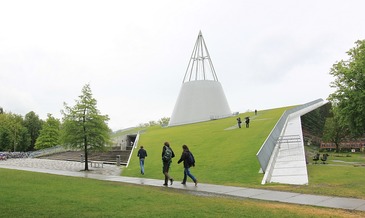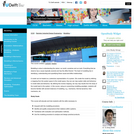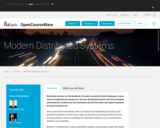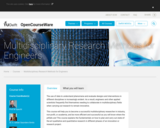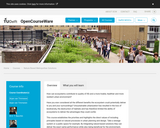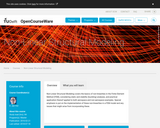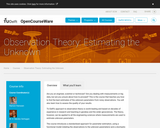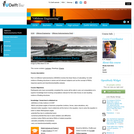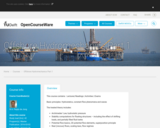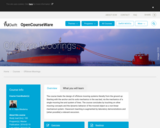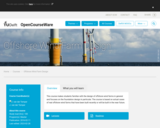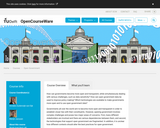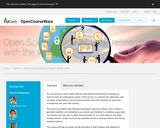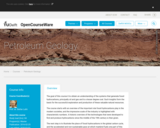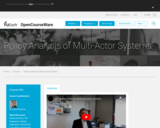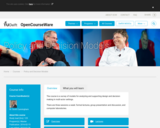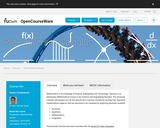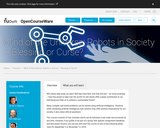
Will robots take away our jobs? Will they have their own free will and – as some prophesy – have the power to take over the world? Or will robots offer a great contribution to our well-being and help us to achieve a sustainable future?
Many complex real-world problems can be solved using artificial intelligence. However, while combining artificial intelligence with robotics may offer positive implications for our society, it also raises ethical questions.
This course consists of four modules which can be followed in any order and accessed at any time. However, if you prefer to be part of a group with specific assignment deadlines and discussion forums, you can join and start the course on any of the following dates: June 25, September 3 or November 12, 2018.
In this course, you will be exposed to the potential societal and ethical impact of robots. We will touch upon the design principles that developers should adhere to and critically reflect on issues such as robot autonomy, consciousness, and intelligence.
At the end of the course, you will work with other participants to develop a groundbreaking solution that can be used by robot developers in the near future.
This course is a spin-off of the “Mind of the Universe” documentary series, created by the Dutch broadcasting company VPRO and professor Robbert Dijkgraaf, Princeton University. A number of universities in The Netherlands have used the open source material of the documentary series as a starting point to create similar learning experiences.
- Subject:
- Applied Science
- Engineering
- Material Type:
- Full Course
- Provider:
- Delft University of Technology
- Provider Set:
- TU Delft OpenCourseWare
- Author:
- Dr. M.V. Dignum
- MSc. J.E. Bieger
- R.A. Mercuur
- Date Added:
- 08/16/2019
